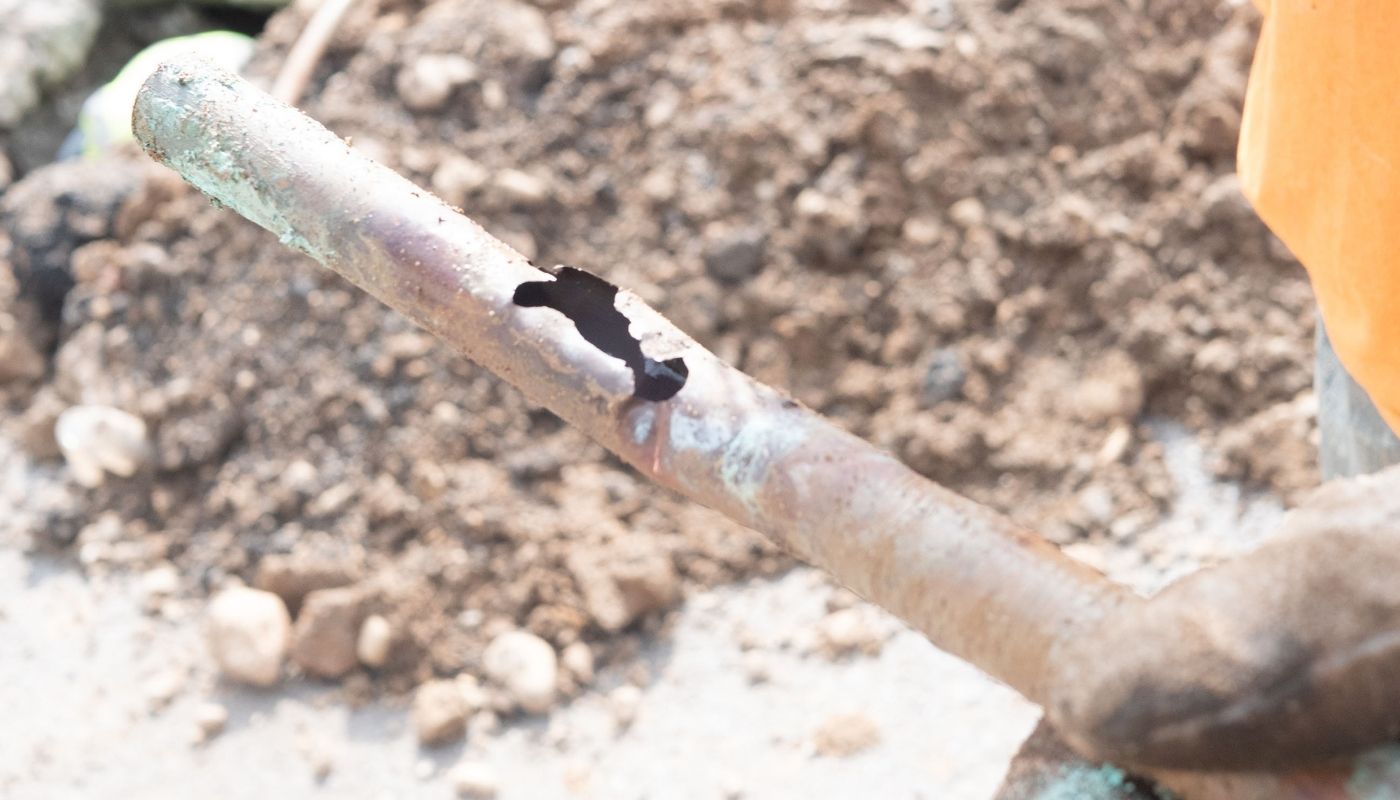For many people, the plumbing and piping that they interact with every day isn’t anything to concern themselves with. For people like us at Harris Main and Water Sewer Contractors, every little detail counts because one thing going wrong means a lot of problems for a lot of people. Take something such as the material that makes up the piping we use. We’re going to go over what you need to know about dissimilar metals in piping to show you how this kind of error can have a large impact on a lot of unsuspecting individuals.
The Different Kinds of Pipe Materials
Pipes for water and sewer purposes come in a variety of materials. For example, here in New York, we use copper and ductile iron piping. Some pipe materials are noble metals, meaning they don’t give up their electrons easily. Others are known as basic metals, which give up their electrons much easier. You never want to have a noble metal and a basic metal too close to one another, as the basic metal can start to corrode.
The Electrochemical Reaction
The important thing to know about dissimilar metals in piping is that the electrochemical reaction occurs when they are near one another and have an electrolyte nearby. The electrolyte, most often water in the case of piping, starts the corrosion process when two dissimilar metals are close to each other. Electrons start to move from the basic metal to the noble metal, and this process corrodes the basic metal as more and more electrons transfer over.
The Resulting Effects
If you’ve never dealt with a corroded pipe before, you may not know the adverse effects it can have. Entire plumbing systems can fail thanks to the corrosion that you start by using dissimilar metals for pipes. On a smaller scale, rusty pipes can taint your water and cause leaks and pipe bursts, which will harm both your health and your property.
How To Prevent These Problems
There are ways to safely use dissimilar metals together, but they require extra steps that can make for a larger hassle. Galvanization, or using a coating of another metal such as zinc, is one such option. You can also insulate pipes when you know they will be near a dissimilar metal so that they cannot transfer electrons when water flows through them.
When you need a commercial plumbing contractor you can trust wholeheartedly, Harris Main and Water Sewer Contractors should be your go-to choice. We have the experience and know-how to get your job done right.





















